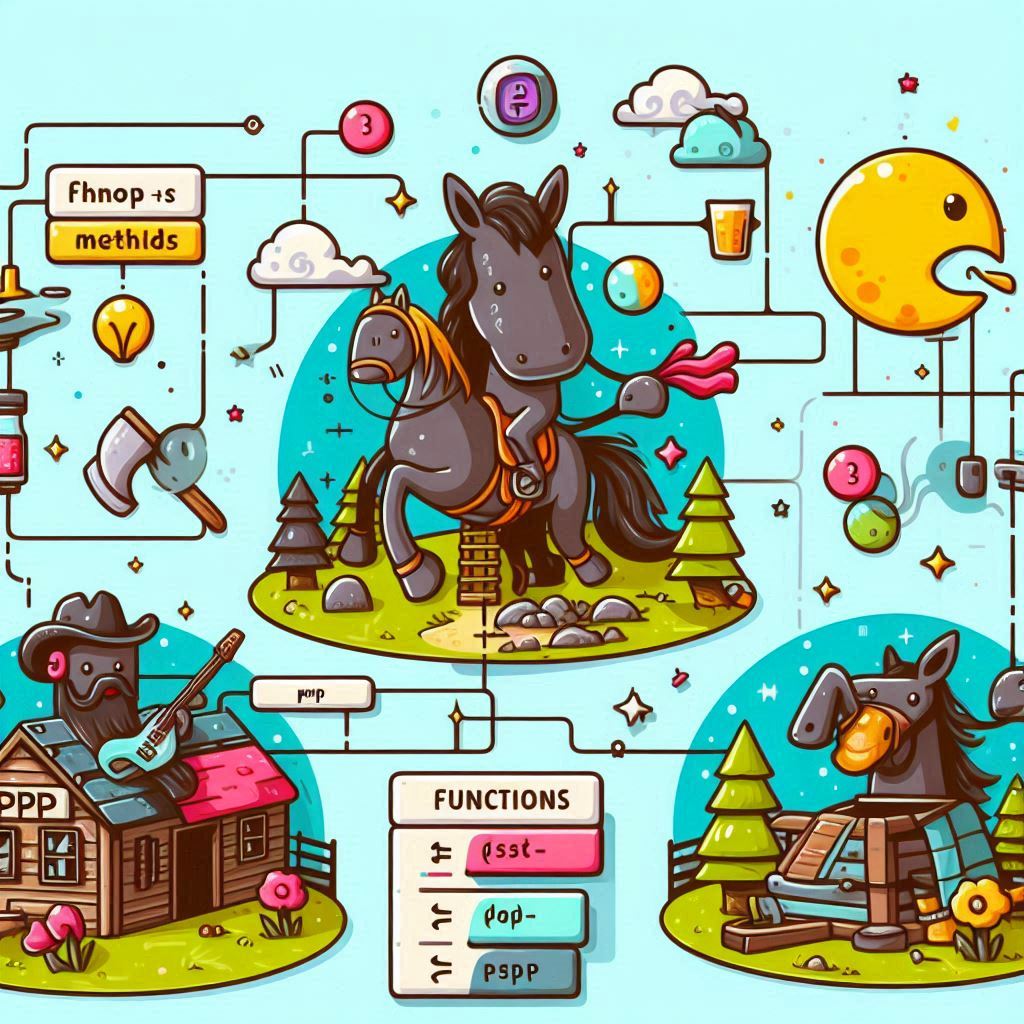Object-Oriented Programming (OOP) in PHP is a fundamental paradigm that allows developers to organize and structure their code more efficiently. PHP OOP helps in creating classes (blueprints) to define objects, making code more reusable and maintainable. In this blog post, we’ll explore PHP OOP concepts with examples.
What is PHP Object-Oriented Programming (OOP)?
PHP Object-Oriented Programming (OOP) is a method of structuring code using objects. Each object contains data (properties) and functions (methods) that operate on that data. PHP OOP encourages modular design, reduces code duplication, and makes debugging and testing easier. Additionally, PHP OOP makes it easier to model real-world entities and interactions in software, leading to more intuitive and scalable applications.
Why Should You Use Object-Oriented Programming (OOP)?
OOP offers several advantages over procedural programming, including:
- Code Reusability: Classes and objects allow developers to reuse code efficiently.
- Better Organization: Code is structured into logical sections, making it easier to maintain.
- Scalability: Large applications benefit from modular design.
- Security: Encapsulation helps protect data by restricting direct access.
- Flexibility: Inheritance and polymorphism enable efficient code extension and modification.
Key Concepts of Object-Oriented Programming (OOP)
1. PHP OOP Classes and Objects
A class is a blueprint for creating objects, and an object is an instance of a class.
<?php
// Define a PHP OOP class
class Car {
public $make;
public $model;
public $year;
public function __construct($make, $model, $year) {
$this->make = $make;
$this->model = $model;
$this->year = $year;
}
public function displayInfo() {
echo "Car: $this->year $this->make $this->model";
}
}
// Create an object
$car1 = new Car("Toyota", "Corolla", 2020);
$car1->displayInfo();
?>
2. PHP OOP Encapsulation Explained
Encapsulation refers to hiding the internal details of an object and providing access through public methods.
<?php
class Account {
private $balance;
public function __construct($initialBalance) {
$this->balance = $initialBalance;
}
public function deposit($amount) {
if ($amount > 0) {
$this->balance += $amount;
}
}
public function getBalance() {
return $this->balance;
}
}
$account = new Account(100);
$account->deposit(50);
echo $account->getBalance();
?>
3. PHP OOP Inheritance and Its Benefits
Inheritance allows a class to inherit properties and methods from another class.
<?php
class Animal {
public $name;
public function __construct($name) {
$this->name = $name;
}
public function speak() {
echo "$this->name makes a sound.";
}
}
class Dog extends Animal {
public function speak() {
echo "$this->name barks.";
}
}
$dog = new Dog("Rex");
$dog->speak();
?>
4. Understanding PHP OOP Polymorphism
Polymorphism enables objects of different classes to be treated as objects of a common superclass.
<?php
class Cat extends Animal {
public function speak() {
echo "$this->name meows.";
}
}
$animals = [new Dog("Buddy"), new Cat("Whiskers")];
foreach ($animals as $animal) {
$animal->speak();
}
?>
5. Simplifying Complex Systems with Abstraction
Abstraction involves hiding complex implementation details and showing only the necessary features.
<?php
abstract class Shape {
abstract public function area();
}
class Circle extends Shape {
private $radius;
public function __construct($radius) {
$this->radius = $radius;
}
public function area() {
return pi() * $this->radius * $this->radius;
}
}
$circle = new Circle(5);
echo $circle->area();
?>
Why OOP is Essential for Scalable Applications
PHP Object-Oriented Programming (OOP) provides an efficient way to write structured and reusable code. By understanding classes, objects, encapsulation, inheritance, polymorphism, and abstraction, you can build scalable and maintainable applications. Mastering PHP OOP will significantly improve your development skills.
To further enhance your PHP skills, be sure to check out our next article on Understanding SOLID Principles in PHP.


